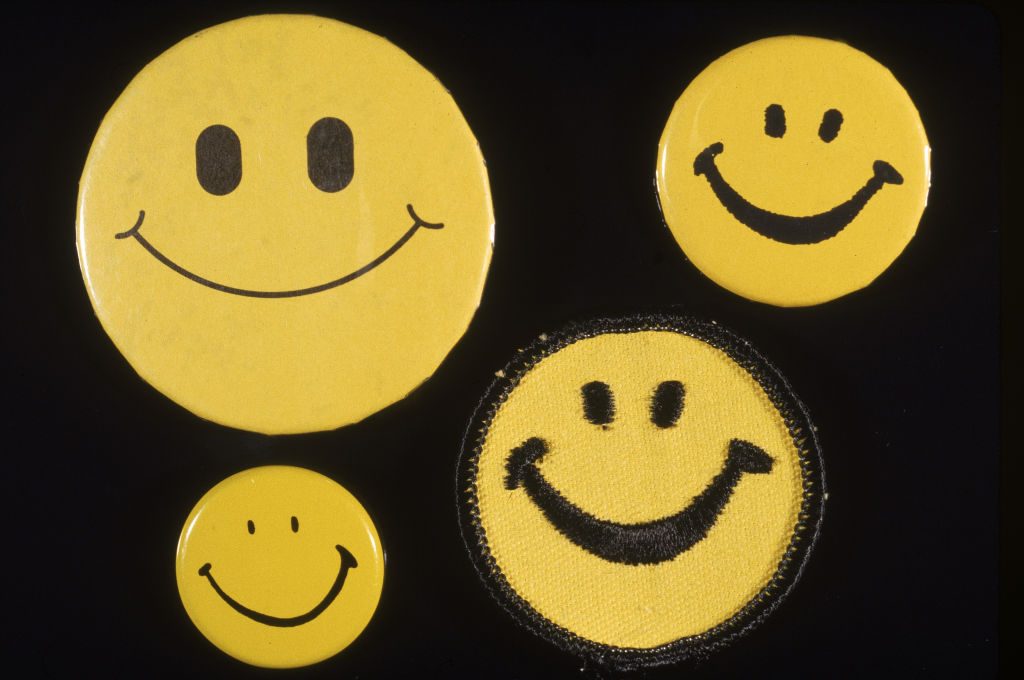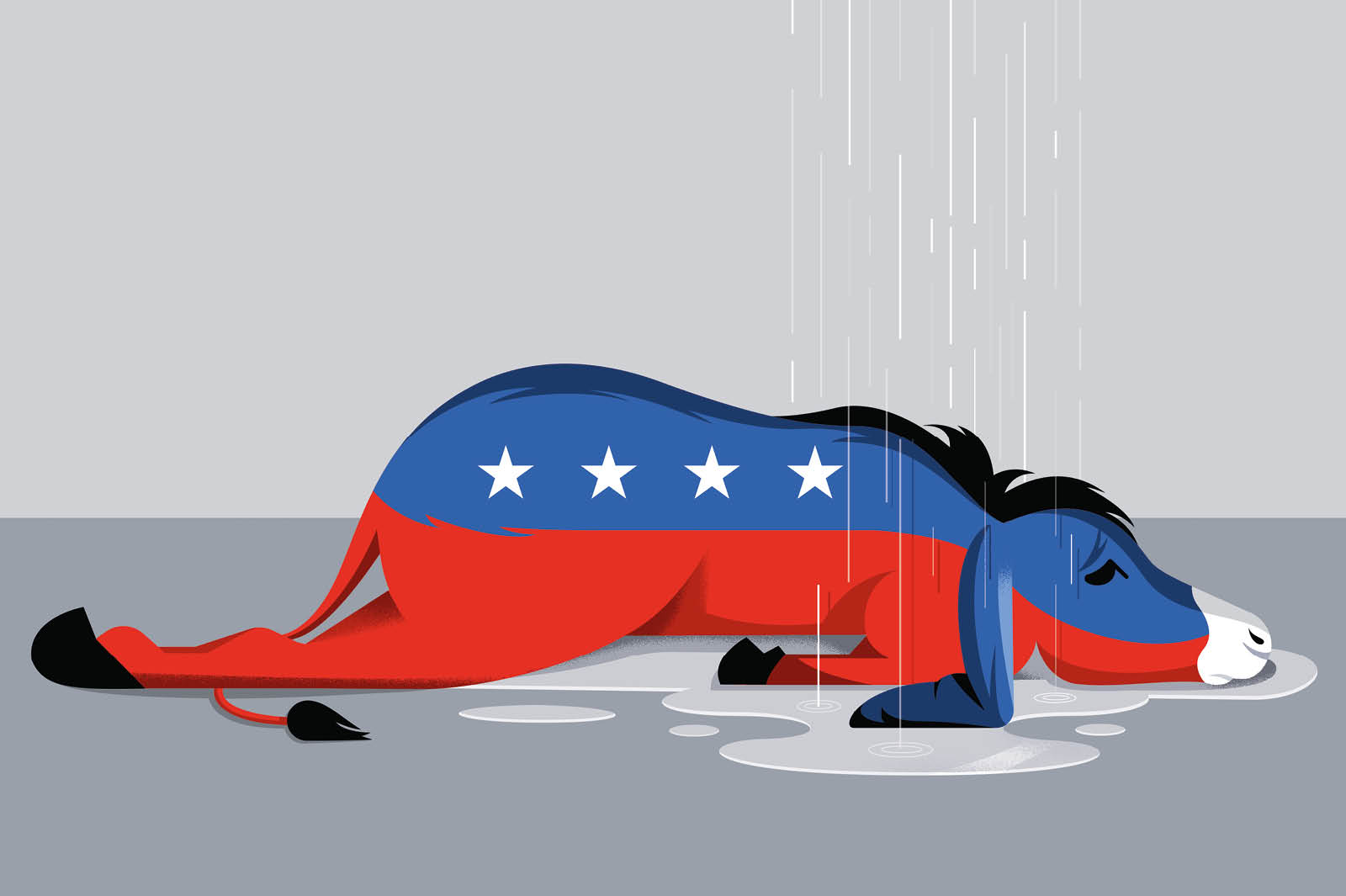The greatest delusion ever sold to us by modern advertising is not that we need to buy water in bottles or that rocks make good pets. It’s the delusion that we should expect to be happy all the time.
This idea certainly would have been news to our ancient ancestors. Over millions of years, they became the dominant hominid on the planet because their brains evolved to be survival machines, not happiness generators. The first peals of laughter around those early campfires were not because everyone was having a good time; laughter evolved as a social bonding signal to communicate to the rest of the tribe: “Phew, we’re safe now. Looks like we’ve seen off that saber-toothed tiger.”
The feel-good chemical dopamine that coursed through their brains was not there to make them enjoy their lives, as many of us believe it is today. Dopamine was released as the get-up-and-go chemical to drive them to seek out more nutritious foods.
When your ancestors woke each morning feeling hungry, dopamine levels would have risen to motivate them to seek out a bird’s nest from which to raid eggs or a beehive from which to gather honey, in addition to the berries and nuts they foraged. But dopamine’s effect is designed to be short-lived. Once they’d eaten and got the reward of an extra spurt of dopamine — along with the release of feel-good opioids — those levels quickly dropped and even dipped below baseline. After all, unless dopamine fell back down again, where would they have found the necessary motivation to seek out the next meal? Research has found that a key reason early humans prevailed against other apes is that they had greater amounts of this “molecule of more.”
Fast forward to the present day, though, and if you have the time and money to be reading articles about happiness, it’s likely you have a roof over your head and enough food for your next meal. Even if your fridge holds little more than a jar of out-of-date pasta sauce and a shriveled carrot, you probably have a supermarket close by. And if you don’t fancy preparing something yourself, you could probably order whatever dish you liked to be delivered to your home in the next hour. While your ancestors spent about 80 percent of their lives foraging for food, you don’t even need to move from your sofa.
But apart from some slight changes due to genetic selection over the years, you basically have the same brain as your ancient family members, powered by the same reward system. This is despite fact that the environment modern humans live in has changed beyond recognition. Our twenty-first century economies are built entirely around products and services designed to give you what you want, when you want it, in return for almost no effort. We expect a steady supply of everything on tap to make us feel good — whether it’s music, film, food or pornography.
The problem is that happiness is designed to be a fleeting state, not a constant one. For most of human history, we’ve instinctively known this. It wasn’t until the establishment of the New World in the Americas that happiness was enshrined as something everyone should feel entitled to enjoy all the time. As our needs have been met more easily in industrialized societies, happiness came to be seen as a commodity which could be bought. This was seized upon by the advertising industry, which immediately sold products on the promise of how happy they would make you feel. As television spread into homes in the 1950s, channels pumped out commercials featuring housewives beaming at the acquisition of washing machines, as if their happiness depended on it.
Over the next few decades, the idea that happiness could — and should — be a static state which we didn’t need to deviate from was reinforced by laugh tracks on sitcoms and smiley faces on badges and T-shirts. As more people could afford a camera, the standard instruction when you posed for a photo was to smile and look like you were enjoying every moment. As religion became a less important part of many people’s lives, they no longer looked forward to happiness in the next life — they wanted it now and started to look to the growing number of psychologists to tell them why they didn’t have it. The more we gained materially, the more we believed we deserved emotionally. The convenience of the modern world started to fool us into thinking happiness-on-tap was our birthright.
When everything is provided for you for very little effort, it’s not surprising that this very primal pleasure system gets overloaded — and metaphorically “short-circuits.” Too much pleasure and we tip the balance into a dopamine-deficient state. Our baseline for pleasure can keep dropping. When everything is designed to be pleasurable, nothing feels good.
So perhaps it should be less of a surprise that, despite all its luxuries and comforts, modern life doesn’t make us as happy as we might expect. Mental health across the first world is in decline, partly because our finely calibrated reward system has been turned against itself, putting more of us in a state of “anhedonia” — the technical term for feeling “blah” or loss of motivation — which I have explored in the first popular book on the subject.
We’d fare so much better if we reminded ourselves that happiness was never supposed to be a permanent state of mind. Living in the twenty-first century with a mismatched prehistoric brain doesn’t mean moments of joy can’t be achieved. But if we are going to turn around the mental health decline which seems to get worse with each generation, it will help to face up to the fact that happiness takes a little more conscious effort than we’ve so far been led to believe.
This article was originally published on The Spectator’s UK website.

























